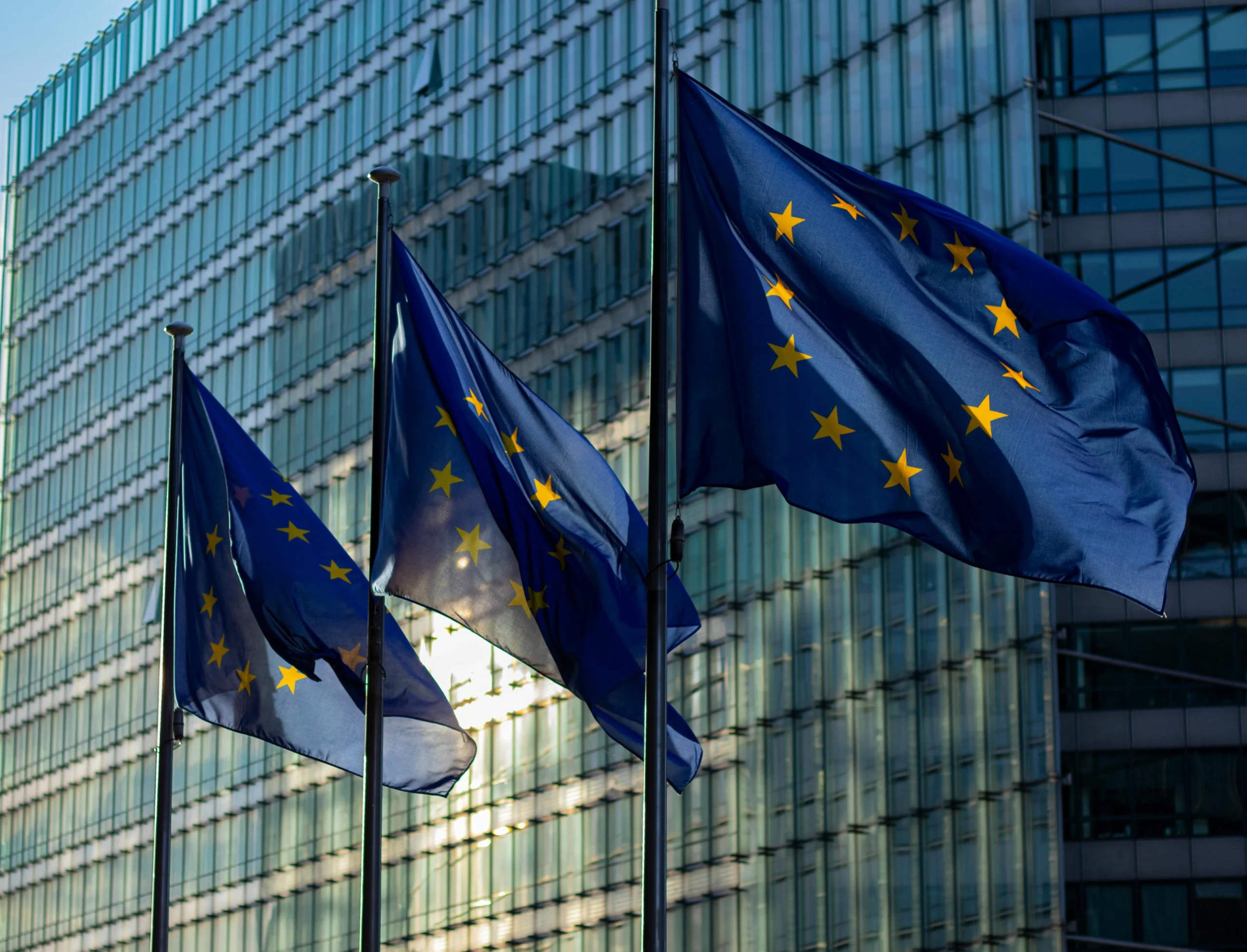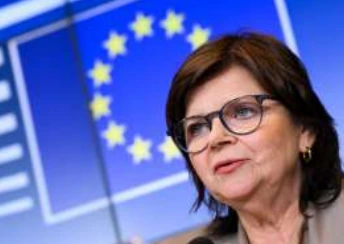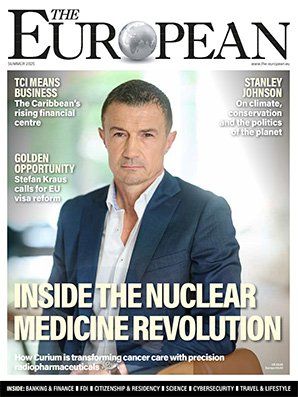EU Council agrees position on landmark pharmaceutical reform package

John E. Kaye
- Published
- Science

The Council of the European Union has agreed its negotiating position on the bloc’s largest pharmaceutical regulatory overhaul in more than two decades, clearing the way for talks with the European Parliament later this year, (writes John E. Kaye)
The so-called ‘pharma package’ consists of a proposed regulation and directive aimed at modernising the EU’s pharmaceutical framework. The reforms seek to improve equitable access to medicines across the Union, reduce regulatory complexity, and enhance the sector’s global competitiveness.
Polish Health Minister Izabela Leszczyna, pictured, described the agreement as “a vital step toward ensuring that all Europeans have timely and equitable access to safe, affordable, and effective medicines.” She added: “At the same time, it strengthens the competitiveness and sustainability of our pharmaceutical sector and supports improved regulatory conditions to boost clinical research and to address public health needs. We are building a healthier, more resilient Europe that leaves no one behind.”
Under the Council’s agreed position, the standard period of regulatory data protection for innovative medicines would be set at eight years. An additional year of regulatory market protection would be granted, with the possibility of extending it to two years if certain pre-defined conditions are met. This marks a shift from the European Commission’s original proposal, which suggested reducing the standard data protection period to six years, with incentives for broader EU market launches.

The Council also backed a new obligation for pharmaceutical companies to ensure sufficient supply of authorised medicines within individual member states. A new article (56a) would grant national authorities the power to require marketing authorisation holders to meet domestic patient demand. The Council stated that the provision gives “member states the power to oblige the marketing authorisation holder of a medicinal product to make that product available in sufficient quantities to cover the needs of patients in the member state.”
In a move aimed at encouraging the development of new antimicrobials, the Council introduced conditions on the use of so-called transferable exclusivity vouchers. These can only be used from the fifth year of regulatory data protection and are subject to a revenue cap of €490 million in annual EU sales in the preceding four years.
According to the Council’s position, the voucher “can only be used in the fifth year of the regulatory data protection period, and only if the marketing authorisation holder demonstrates that the annual gross EU sales of the product have not exceeded €490 million in any of the preceding four years.”
To support the earlier market entry of generics and biosimilars, the Council’s position expands the so-called ‘Bolar exemption’, allowing the use of patented data in submissions for procurement tenders as well as for regulatory approvals. The Council said the amendment is intended “to support earlier market entry of generic and biosimilar medicinal products,” and that it “further clarifies the scope of the so-called ‘Bolar exemption’ and expands it to include submissions for procurement tenders.”
Negotiations with the European Parliament are expected to begin in the coming months, with a final version of the legislation to be adopted following legal and linguistic review.
The European Commission first proposed the legislative package in April 2023, with goals including bolstering the availability of innovative medicines, addressing environmental impacts, and easing administrative burdens for drug developers.
The reform has drawn close scrutiny from both industry and public health stakeholders, with differing views on how best to balance incentives for innovation with the need for equitable access to treatments across all member states.
Main Image: Marco/Pexels
Sign up to The European Newsletter
RECENT ARTICLES
-
 Europe tightens grip on strategic space data as dependence on U.S tech comes under scrutiny
Europe tightens grip on strategic space data as dependence on U.S tech comes under scrutiny -
 Trinity Business School study warns conspiracy theories are fueling real-world protest and sabotage
Trinity Business School study warns conspiracy theories are fueling real-world protest and sabotage -
 GITEX GLOBAL 2025 to spotlight AI’s expanding role in future-critical sectors
GITEX GLOBAL 2025 to spotlight AI’s expanding role in future-critical sectors -
 UK organisations show rising net zero ambition despite financial pressures, new survey finds
UK organisations show rising net zero ambition despite financial pressures, new survey finds -
 HumanX to establish permanent European base with 2026 Amsterdam AI summit
HumanX to establish permanent European base with 2026 Amsterdam AI summit -
 Gulf ESG efforts fail to link profit with sustainability, study shows
Gulf ESG efforts fail to link profit with sustainability, study shows -
 Glastonbury and Coachella set the stage for $400bn music tourism growth
Glastonbury and Coachella set the stage for $400bn music tourism growth -
 Geopolitical volatility enters global top ten business risks for first time, new survey finds
Geopolitical volatility enters global top ten business risks for first time, new survey finds -
 Redress and UN network call for fashion industry to meet sustainability goals
Redress and UN network call for fashion industry to meet sustainability goals -
 Dar Global unveils $1bn Trump Plaza Jeddah in second Saudi venture with Trump Organization
Dar Global unveils $1bn Trump Plaza Jeddah in second Saudi venture with Trump Organization -
 Investors eye UAE as Belt and Road real estate gateway for Asia
Investors eye UAE as Belt and Road real estate gateway for Asia -
 Mitsubishi Estate’s £800m South Bank scheme to deliver 4,000 jobs
Mitsubishi Estate’s £800m South Bank scheme to deliver 4,000 jobs -
 Watch: driverless electric lorry makes history with world’s first border crossing
Watch: driverless electric lorry makes history with world’s first border crossing -
 Bologna sets pace in Europe’s tech race with record investor–founder meetings
Bologna sets pace in Europe’s tech race with record investor–founder meetings -
 Family-owned firms resist board diversity gains despite gender quotas, study finds
Family-owned firms resist board diversity gains despite gender quotas, study finds -
 UK start-up founders defy stereotypes with corporate roots and regional spread
UK start-up founders defy stereotypes with corporate roots and regional spread -
 London Law Expo 2025 to tackle leadership, AI and integrity in the legal sector
London Law Expo 2025 to tackle leadership, AI and integrity in the legal sector -
 Sustainability skills surge in European boardrooms, EY finds
Sustainability skills surge in European boardrooms, EY finds -
 UK and U.S unveil landmark tech pact with £250bn investment surge
UK and U.S unveil landmark tech pact with £250bn investment surge -
 International Cyber Expo to return to London with global focus on digital security
International Cyber Expo to return to London with global focus on digital security -
 Cybersecurity talent crunch drives double-digit pay rises as UK firms count cost of breaches
Cybersecurity talent crunch drives double-digit pay rises as UK firms count cost of breaches -
 Trinity Business School strengthens standing in global MBA rankings
Trinity Business School strengthens standing in global MBA rankings -
 UK backs satellite-AI projects to tackle climate and transport challenges
UK backs satellite-AI projects to tackle climate and transport challenges -
 Investors with €39bn AUM gather in Bologna to back Italy’s next tech leaders
Investors with €39bn AUM gather in Bologna to back Italy’s next tech leaders -
 Miliband: 'Great British Energy will be self-financing by 2030'
Miliband: 'Great British Energy will be self-financing by 2030'


























